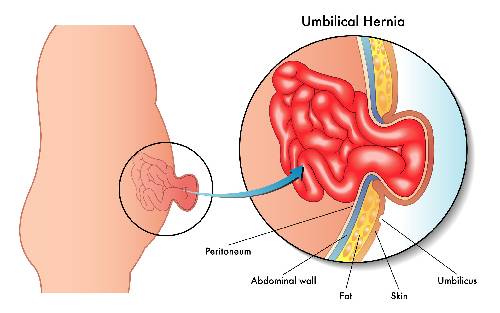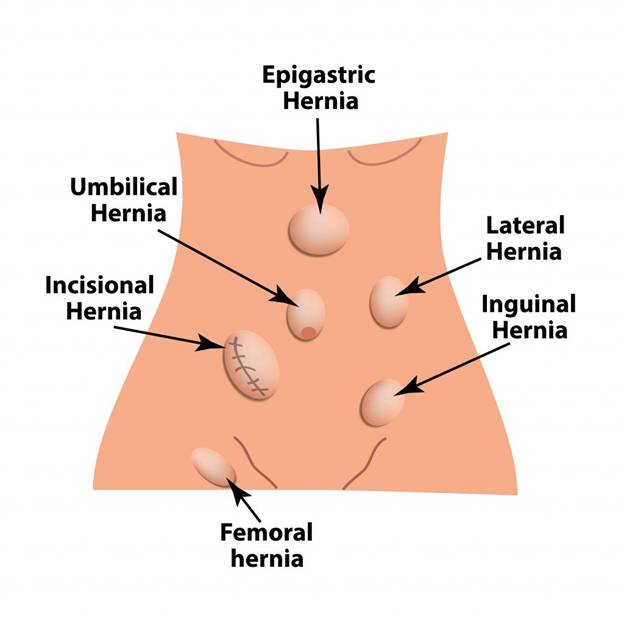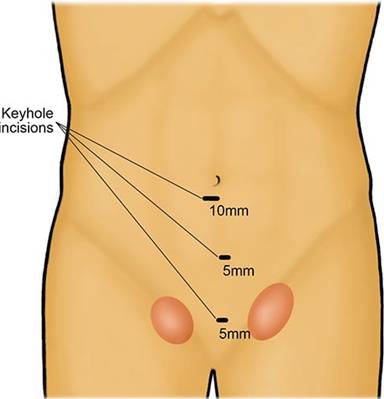Welcome to Piles and Hernia Center
Get back to doing what you love. We have more experience, more treatment options and better results for your Piles and hernia care. Call 04 379 8747 to set up an appointment today!

Get back to doing what you love. We have more experience, more treatment options and better results for your Piles and hernia care. Call 04 379 8747 to set up an appointment today!
Dr. Murtaza Pithawala is a board-certified surgeon in Dubai with comprehensive experience in the correction of all kinds of hernias, with various levels of difficulties. He has done his advanced training in laparoscopic surgeries from a premier institute in India, under one of the pioneers of laparoscopic surgeries in India. He developed keen interest in treating all hernias through small incisions as he got to see first hand the immense benefits that laparoscopy offered over open surgeries. Quick postoperative recoveries, early return to normal life and minimal post surgery precautions have made hernia surgery a breeze for most patients.
At piles hernia center, we provide our patients with individualized and comprehensive care plan from the time of diagnosis through recovery. For patients seeking hernia treatment, this is your one stop destination for getting rid of any kind of hernia.
Dr Murtaza has done laparoscopic repairs for all age groups of patient, youngest being 10 years to the oldest being 90 years of age, who too was discharged on next day after his successful laparoscopic surgery. He has had the opportunity over the years to be exposed to all degrees of difficulties as far as hernia is concerned and has managed to successfully treat most of them laparoscopically, with excellent results, as vouched by many of his patients.
A hernia occurs when an internal organ or other body part protrudes through the wall of muscle or tissue that normally contains it. Most hernias occur within the abdominal cavity, between the chest and the hips. They grow large over time, as the pressure inside the abdomen pushes on the area of weakness.
Hernias can be diagnosed by your surgeon after a physical examination. The diagnosis would usually require a confirmation with either an USG or CT scan. There are many types of hernias, based on factors such as location in the body and cause.


Inguinal and femoral hernias are due to weakness in the groin that may have been present since birth, or are associated with aging and repeated strains on the abdominal and groin areas. Such strain may come from physical exertion, obesity, pregnancy, frequent coughing, or straining on the toilet due to constipation or straining for micturition.
Adults may get an umbilical hernia by straining the abdominal area, being overweight, having a long-lasting heavy cough or after giving birth.
A hernia in the abdomen or groin can produce a noticeable lump or bulge that can be pushed back in, or that can disappear when lying down. Laughing, crying, coughing, and straining during a bowel movement or physical activity may make the lump reappear after it has been pushed in. This lump may be associated with dull, pulling, dragging kind of pain in lower abdomen.
Sometimes hernias can present with acute pain which may result from the hernia getting obstructed within its sac. This may be associated with nausea, vomiting and in later stages, abdominal distension and complete stoppage of bowels (stools). Rarely, the hernia contents can strangulate and both obstruction and strangulation necessitates an emergency surgery, which is most often an open surgery.
Due to these dreaded complications, more often than not, surgery is advised and accepted by most patients. Doing it as an elective surgery has many benefits rather than an emergency setting when laparoscopic (keyhole) repair may not be feasible and patient ends up with a large painful incision with extended recovery times.
Surgery for hernias can help eliminate discomfort and prevent complications. Dr Murtaza offers the newest techniques for treating all types of hernias, including minimally invasive (laparoscopic) surgical procedures. This combination of surgical expertise and advanced technology allows his patients to achieve the safest and most durable repair with the least discomfort and fastest recovery.
His skill in treating all types of hernias has advanced over the years, as treatment options have progressed from traditional open surgery, to the use of minimally invasive techniques.
Surgery for hernias can help eliminate discomfort and prevent complications. Dr Murtaza offers the newest techniques for treating all types of hernias, including minimally invasive (laparoscopic) surgical procedures. This combination of surgical expertise and advanced technology allows his patients to achieve the safest and most durable repair with the least discomfort and fastest recovery.
His skill in treating all types of hernias has advanced over the years, as treatment options have progressed from traditional open surgery, to the use of minimally invasive techniques.

Book your appointment today with Dr Murtaza, one of the best hernia surgeons in Dubai.